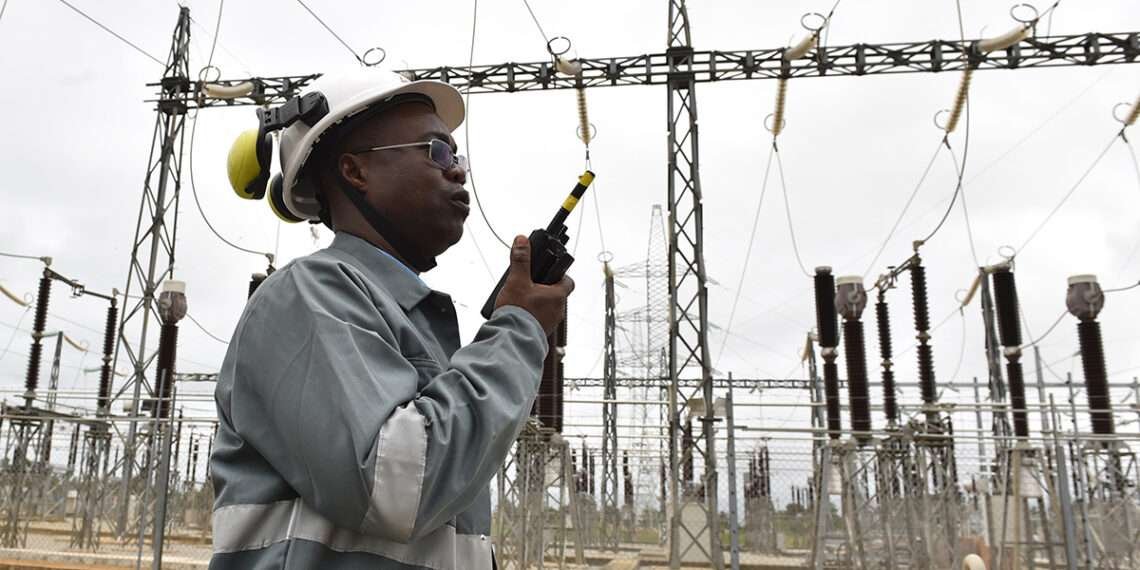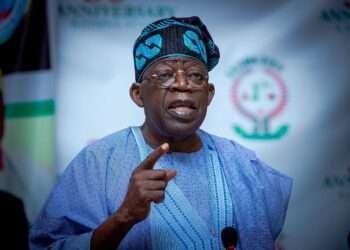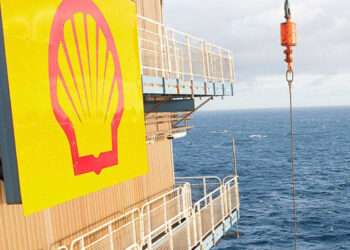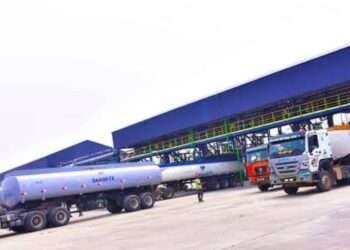The International Monetary Fund (IMF) has revised its projections for Ghana’s energy sector shortfall, now expecting it to reach 2.2% of GDP for the year—0.6 percentage points higher than previously anticipated.
The alarming forecast underscores the mounting fiscal risks posed by the energy sector, which President-elect John Dramani Mahama warned could jeopardize Ghana’s progress under the debt exchange programme and the IMF-supported Economic Credit Facility (ECF) agreement if decisive reforms are not implemented.
“The energy sector can derail everything that we’ve done with regard to the debt exchange and with regard to the IMF programme because the debts continue to pile up there,” Mahama stated.
He pointed to the Electricity Company of Ghana’s (ECG) weak governance structure and inefficiencies as major contributors to the sector’s financial woes.
“The ECG governance is in a very bad way, and so they are making commercial and technical losses of more than 32%.
“There’s no utility company that can survive with 32% commercial and technical losses and still continue to be a viable utility. As quickly as possible, we need to do reforms in the whole electricity value chain.”
John Dramani Mahama, President-elect
Ghana’s energy sector has long been a source of significant fiscal pressure, with systemic inefficiencies and unresolved debts creating a cycle of financial instability.
The IMF’s Third Review under the ECF programme revealed the presence of a staggering $2.1 billion in legacy debt—equivalent to 2.8% of Ghana’s Gross Domestic Product (GDP) as of December 2023.
These debts, primarily owed to Independent Power Producers (IPPs) and private fuel suppliers, are compounded by persistent annual deficits within the sector.
The IMF’s projections highlighted a worsening fiscal outlook unless immediate measures are taken to address the shortfalls. Without reforms, these energy sector imbalances could derail Ghana’s broader economic recovery efforts under the ECF programme.
The energy sector’s inability to fully recover costs of generation and distribution perpetuates annual deficits that place significant strain on public finances.
Need for Structural Reforms
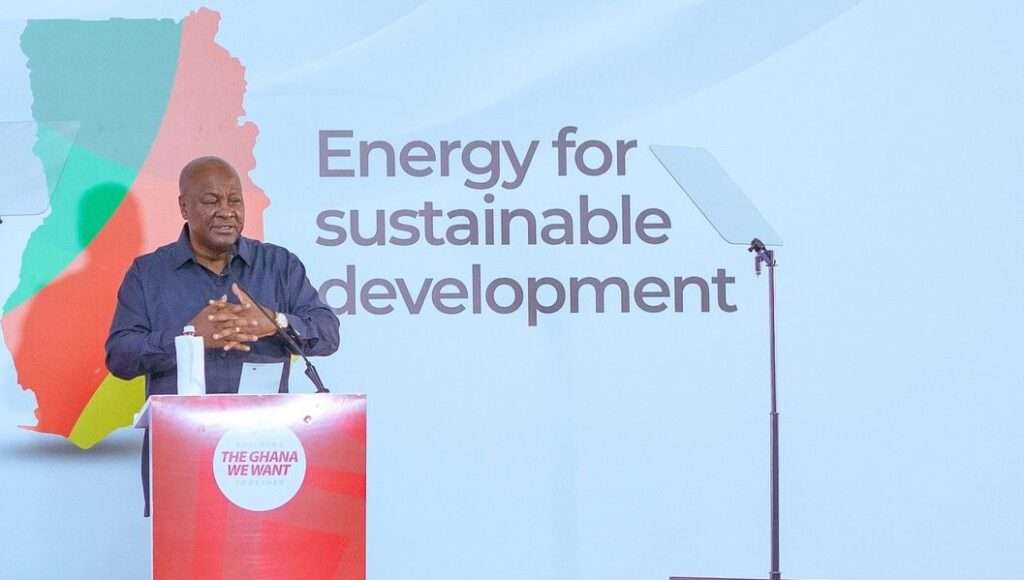
President-elect Mahama has outlined a vision for reforming the energy sector to address the governance and structural challenges that plague it.
“We need to reduce losses, improve governance at ECG, and restore financial viability across the entire electricity value chain,” Mahama stated. Mahama’s comments come at a time when Ghana is seeking to consolidate its economic gains following the successful implementation of the debt exchange programme.
While President Nana Addo Dankwa Akufo-Addo recently touted third-quarter growth as a sign of recovery, Mahama painted a more sobering picture of Ghana’s economic health.
“The economy remains very sick,” Mahama remarked, underscoring the need for structural reforms to address the fiscal risks posed by the energy sector.
His statement highlights the fragile nature of Ghana’s recovery, which relies heavily on the success of the debt restructuring exercise and the ECF programme’s fiscal discipline targets.
The Energy Sector Recovery Programme (ESRP) has been at the forefront of efforts to stabilize the sector, but its success remains uncertain amid persistent challenges.
The ESRP, initiated to tackle inefficiencies, improve governance, and enhance cost recovery, will require strong government commitment and swift action to achieve its objectives.
The IMF’s warnings about Ghana’s energy sector shortfalls are not without precedent. Over the past decade, recurring energy crises have been a major obstacle to economic growth and fiscal stability.
The accumulation of debts to IPPs and fuel suppliers, combined with high operational losses, has left Ghana’s energy sector in a precarious position.
Reforms within the electricity value chain, as stressed by Mahama, will be essential in reducing commercial and technical losses, improving revenue collection, and enhancing operational efficiency.
With the energy sector accounting for a growing share of Ghana’s fiscal risks, its stabilization will be pivotal to the country’s economic recovery efforts.
The coming months will be critical as the new Mahama’s government seeks to implement reforms and restore confidence in the energy sector’s financial sustainability.
READ ALSO: GSE Indices Hold Steady as Market Posts Mixed Performance

